(November 7, 2024) They stepped outside their comfort zones to study in reputed institutions abroad, faced the challenges that came their way, developed a deep sense of understanding of global issues and challenges and returned home to make a mark in Indian politics with a futuristic vision. For a long time, foreign educated Indian politicians have contributed immensely to the growth of India. Their number is only growing with the new age politicos carrying forward the tradition of sorts even as they navigate their way into the murky Indian politics. Does foreign education make for a better, impactful politician ? Well-known political analyst Rajalakshmi Kameshwar Joshi believes that education is one of the most important factors that could bring constructive changes in the life of an individual. “An education from a renowned top university may be useful in understanding the dynamics and fast changing needs of the country. But education from a foreign university could further equip one with a global perspective and thought processes of the top minds of the world,” Rajalakshmi tells Global Indian. [caption id="attachment_59426" align="aligncenter" width="393"] Rajalakshmi Kameshwar Joshi[/caption] Strong connect A great political leader must have a strong connect with the electorate, have an innovative
the world,” Rajalakshmi tells Global Indian.
[caption id="attachment_59426" align="aligncenter" width="393"]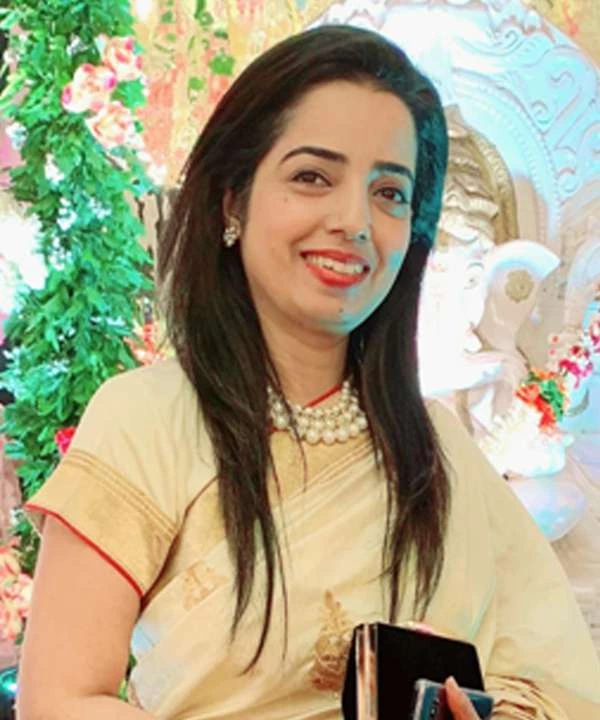 Rajalakshmi Kameshwar Joshi[/caption]
Rajalakshmi Kameshwar Joshi[/caption]
Strong connect
A great political leader must have a strong connect with the electorate, have an innovative out-of-the-box approach, combined with compassion for vulnerable section of the society. “But the real benefits to the people, even with the best of the educated politicians, with the best combinations of factors mentioned above, ultimately depends on who the politician is taking orders from, and how independently they can take decisions,” she says.
The best example of this, points out the political analyst, are some politicians from neighbouring Pakistan, where even the foreign educated Prime Ministers like Benazir Bhutto and Imran Khan, ultimately led their country towards financial doom and a future only filled with conflict.
She says a deep understanding of local issues, a great connection with the people and a futuristic vision for the country, while not sacrificing our culture and roots, could make for a great combination for a young political leader.
“I hope our young politicians, with degrees from foreign institutions, will make the best use of their global understanding of challenges and apply it to the local scenario and make Bharat the glorious world leader we once were, in pre colonial times,” smiles Rajalakshmi.
Netas and foreign degrees
The trend of politicos earning their foreign degrees goes back to the times of Pandit Jawaharlal Nehru, the first Prime Minister of India. Nehru went to Harrow, a leading English school and then to Trinity College, Cambridge, where he spent three years earning an honours degree in natural science.
Thereafter, former Prime Ministers Indira Gandhi (who studied at Ecole Nouvelle, Bex, Switzerland and Somerville College, Oxford among others) and Rajiv Gandhi, who went to the University of Cambridge, UK, followed suit.
[caption id="attachment_59430" align="aligncenter" width="460"]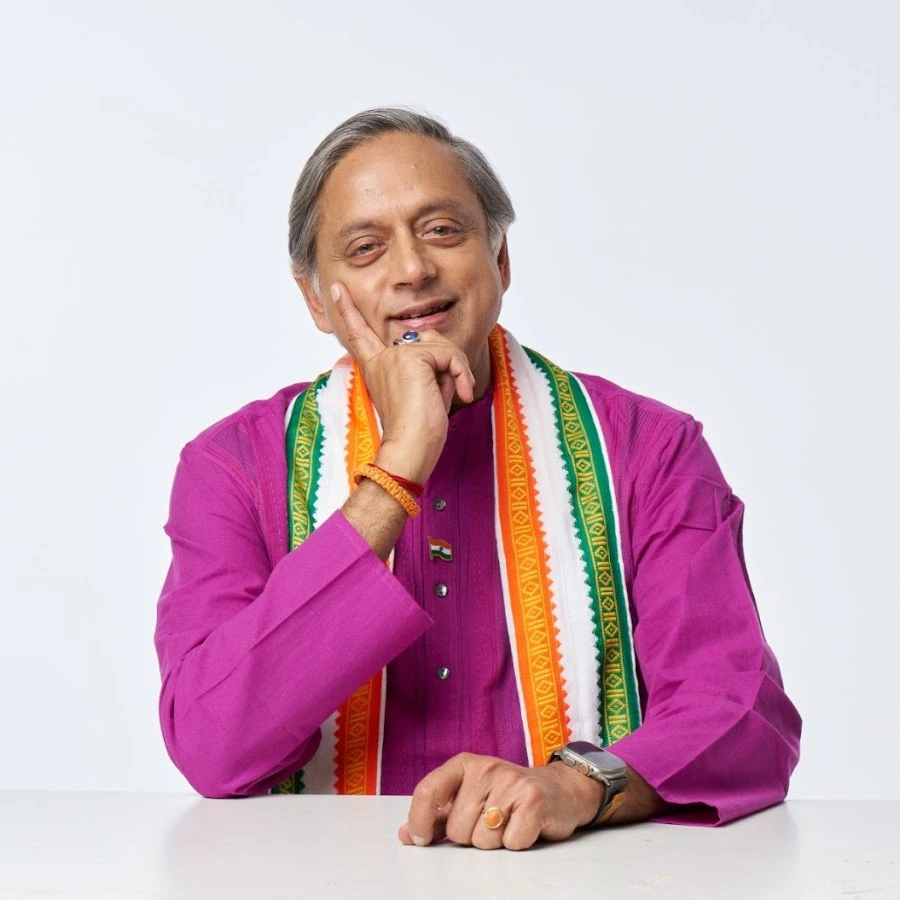 Shashi Tharoor[/caption]
Shashi Tharoor[/caption]
Ever since, a host of politicians including former Prime minister Manmohan Singh, Shashi Tharoor, Kapil Sibal, Subramanian Swamy, Salman Khurshid, Rahul Gandhi, Jyotiraditya Scindia, Ashwini Vaishnaw, Akhilesh Yadav, KT Rama Rao, K Kavitha, K Ram Mohan Naidu, Nara Lokesh, Mahua Moitra and a host of others continued the trend.
More foreign degree holders
In the recently concluded elections of Jammu and Kashmir and Haryana, there were quite a few foreign educated politicos who chose to sweat it out in the heat and dust of elections. Some were successful, others lost and vowed to fight another day. One of them is Iltija Mufti from the People’s Democratic Party (PDP), who made her debut from the family bastion of Bijbehara in south Kashmir’s Anantnag.
An alumna of Warwick University in the UK, Iltija made many heads turn when she said “I’m not just Mehbooba Mufti’s daughter, I have my own identity.”
Now, with the National conference-Congress alliance emerging victorious, the union territory of J & K is all set to have a new Chief Minister in Omar Abdullah, who went to the University of Strathclyde in Glasgow, Scotland for his MBA (He however could not complete the course due to the impending Lok Sabha elections back then.)
Another politician from Kashmir, Sajjad Gani Lone of Peoples Conference, who graduated from the University of Wales, College of Cardiff, UK, won the elections from Handwara.
[caption id="attachment_59431" align="aligncenter" width="543"]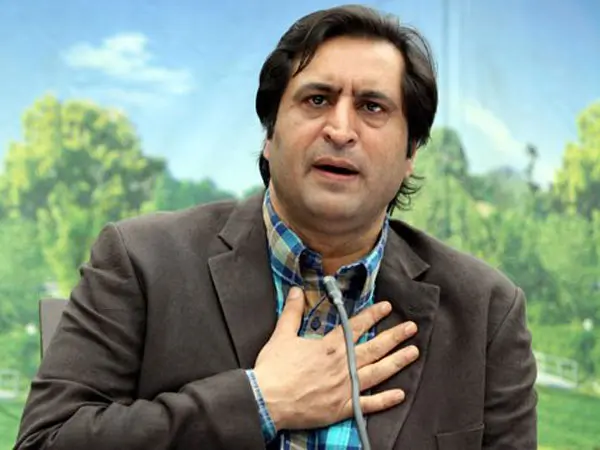 Sajjad Gani Lone[/caption]
Sajjad Gani Lone[/caption]
Some 600-odd kms away in Haryana, three young guns from the Congress party — Aditya Surjewala, Mohit Grover and Rohit Nagar — too tested the electoral waters.
If Aditya Surjewala (25) did his B Com from University of British Columbia, Mohit holds a PG degree in Management from International Management Institute, Brussels, Belgium. As for Rohit, he studied Bachelor of Science in Business Management Studies from the University of Bradford, England.
While Aditya won the election from Kaithal and is set to be the youngest MLA in the state in the last 25 years, Mohit lost and so did Rohit.
What more, Delhi recently got a new Chief Minister, Atishi Marlena, who went to the University of Oxford and completed her masters degree on a Chevening scholarship. Similarly, her colleague in the Aam Aadmi party (AAP) Raghav Chaddha, the youngest Rajya Sabha MP, had studied in the London School of Economics.
The crisis and foreign education
Speaking to Global Indian, budding politician T Veerender Goud of the BJP recalls how the crisis of 2008, a cataclysmic event that shook global finance's foundations, was a particularly formative experience for him.
“Back then, the Markets were in free fall, and Wall Street titans crumbled. It was a surreal moment, a harsh remembrance of our economic fragility. As I delved deeper into the crisis, I saw the interconnectedness of global finance. It was my studies at Northern Illinois University, Chicago that helped me understand the underlying causes of the economic crisis,” he says.
He says foreign education enabled him to gain an understanding of its implications for India. “I gained insights into the importance of sound economic policies, financial stability, and international cooperation in mitigating crises,” he says.
Veerender says it was a sobering realisation that such a seemingly distant event could have such far-reaching consequences. “The financial crisis caused a ripple effect that affected economies around the world; it was studying at this institution that propelled me to broaden my horizons.”
[caption id="attachment_59434" align="aligncenter" width="601"]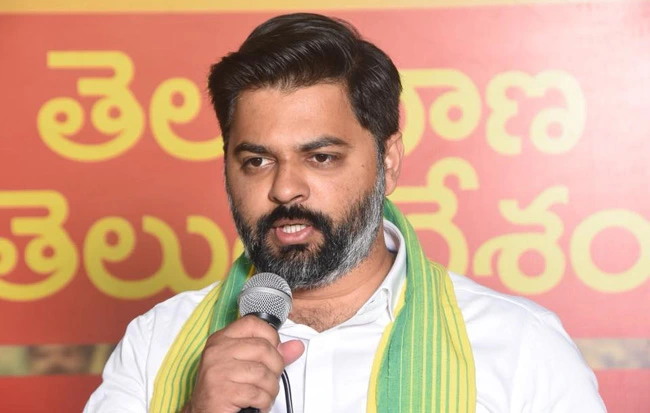 T Veerender Goud[/caption]
T Veerender Goud[/caption]
The politico says studying abroad broadened his horizons and helped him gain a deeper understanding of domestic issues. “Once seemingly straightforward, the political landscape now seemed much more complicated. I realised the interconnection between domestic and international politics and the impact of global events on my country,” says the BJP functionary.
Political candidates who have studied abroad may be able to better connect with younger generations, feels Veerender.
“Globalisation and connectivity are becoming increasingly common among younger generations, with many having travelled abroad or having friends and family from other cultures. Young voters' concerns and aspirations are more likely to resonate with politicians who have experienced similar events,” he says.
Exposure
Former National spokesperson for Congress and author Sanjay Jha tells Global Indian that it is a huge positive sign that many of the young breed are exposed not just to local but global dynamics of politics when they pursue education abroad.
“There is no denying that the new crop of politicians, even if they're coming from dynastic families, have tried to basically qualify themselves through exposure, whether it is in India or abroad,” he says.
Importantly, says Jha, they have understood that politics is beyond just canvassing and campaigning, it's about governance, gauging public sentiment, creating public policies, which is one of the reasons why he thinks public policy programs have been very popular, especially amongst politicians.
However, looking at the Indian scenario, where a lot of the challenges remain in the rural sector or in the hinterland of India, where many politicians don't even take the trouble to visit, Sanjay feels that while education and knowledge is a definite plus, it is not an assurance or guarantee of being successful. “Because to translate that through action, by establishing a rapport or contact and truly understanding the demands of the vast sections of India, that will remain to be done in practice.”
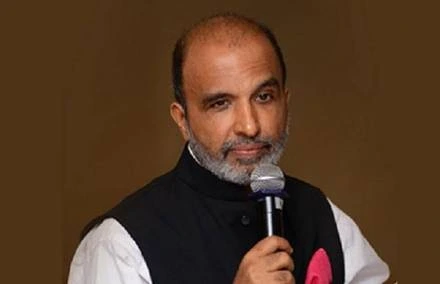
Long way to go
Bottom line, he says, a lot will depend upon individuals and their own value systems. “But at the end of the day, education is an asset. But this is also a country where you have roughly 46% of your members of parliament with criminal records. So I would say it's still a long way to go,” says the former spokesperson of Congress.
Sanjay says he would remain bullish and optimistic but at the same time be cautious because politicians by their inherent nature in India have taken things too long for granted and run this country like a private fiefdom. “And if that arrogance can come to somebody who believes I am foreign educated and therefore now I know it all, then that can actually become a double whammy,” he adds.
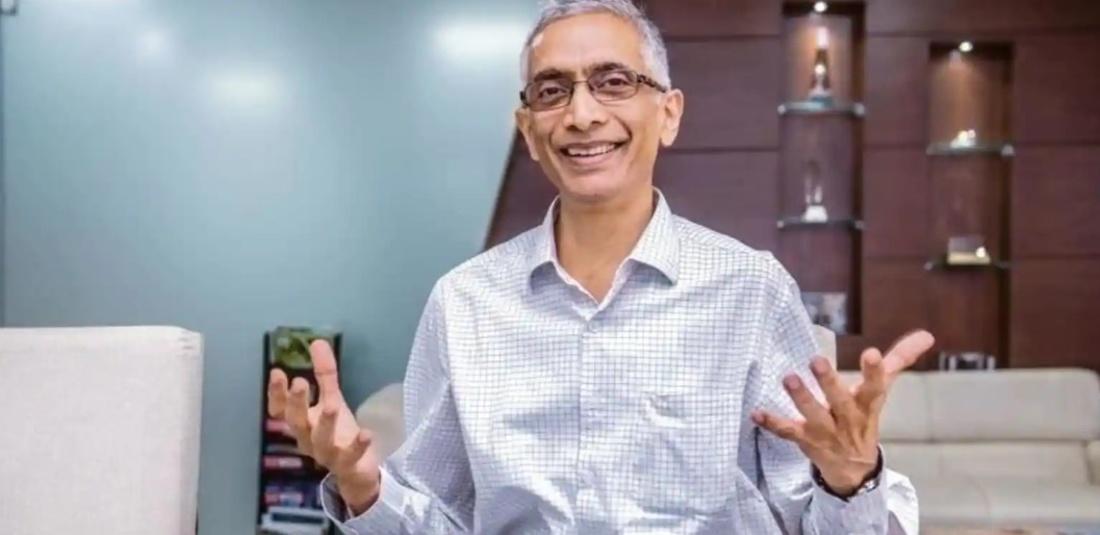
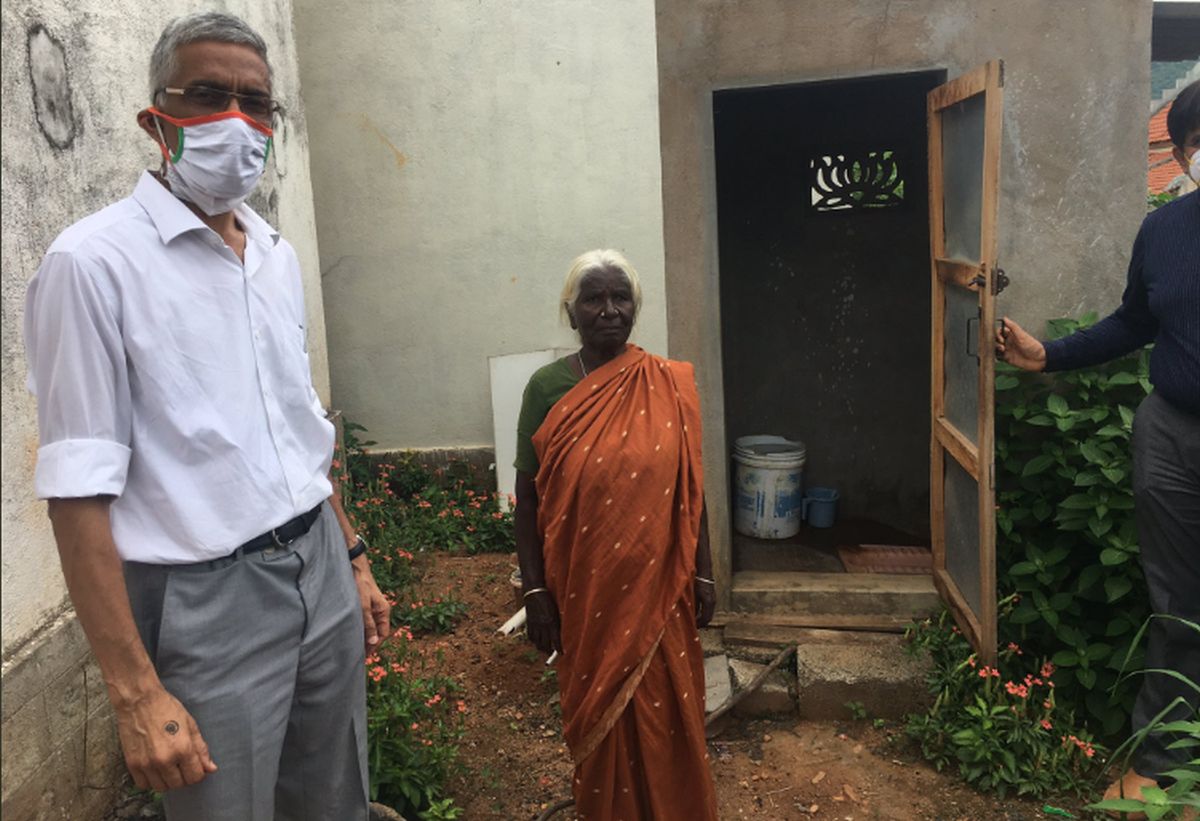
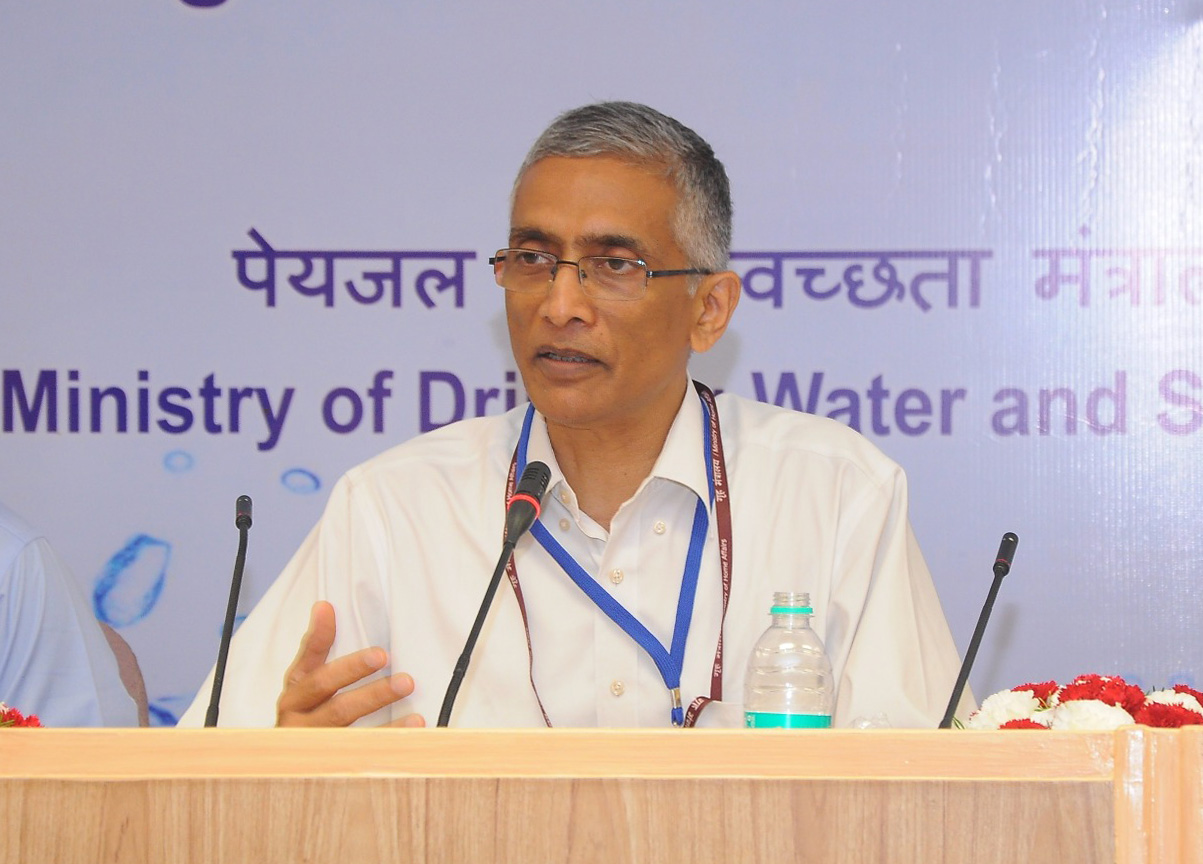


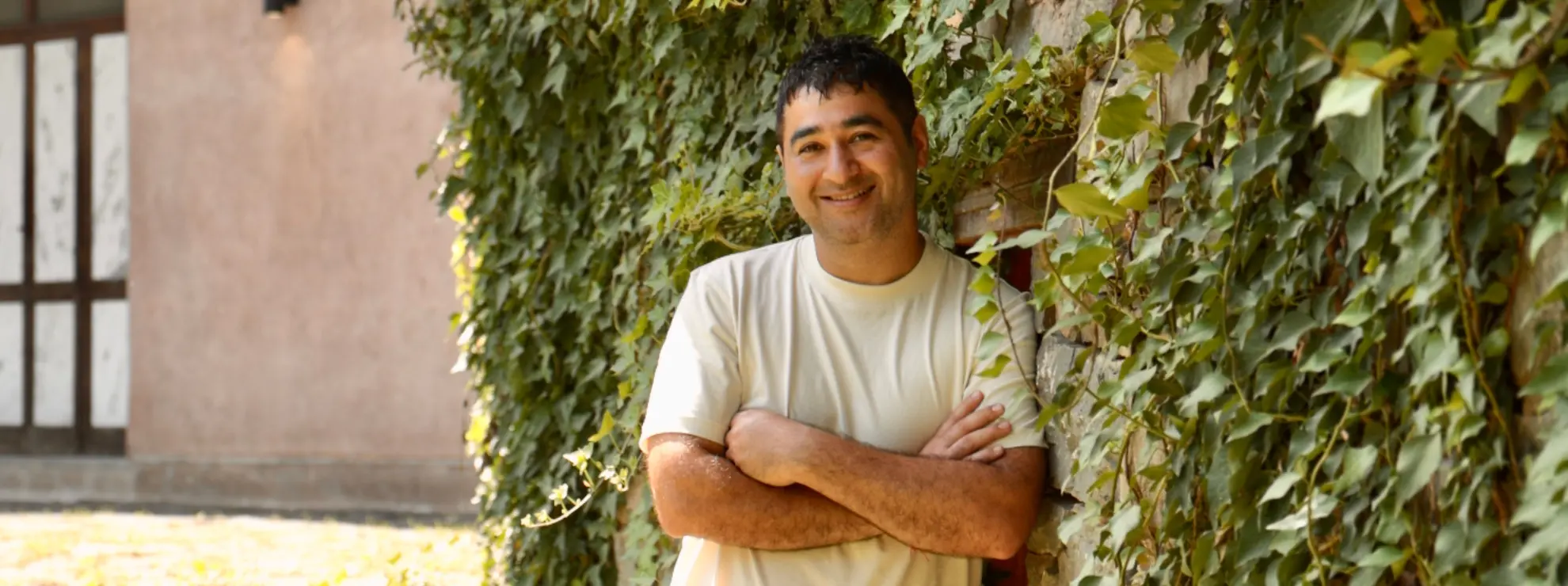
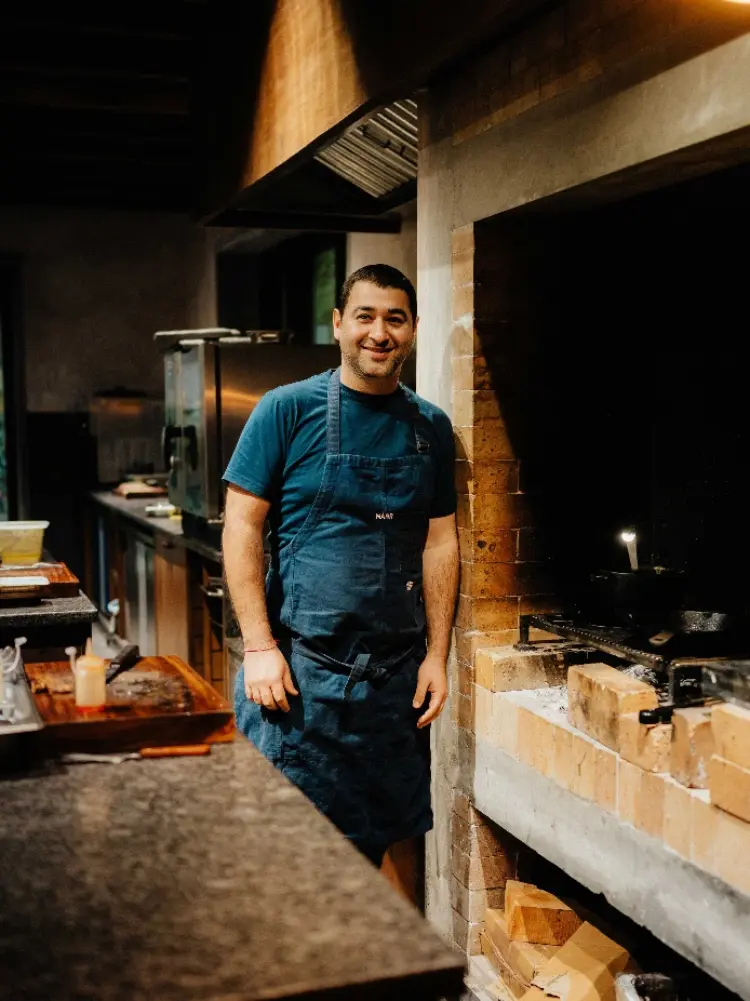 Chef Prateek Sadhu in the kitchens at NAAR[/caption]
Chef Prateek Sadhu in the kitchens at NAAR[/caption]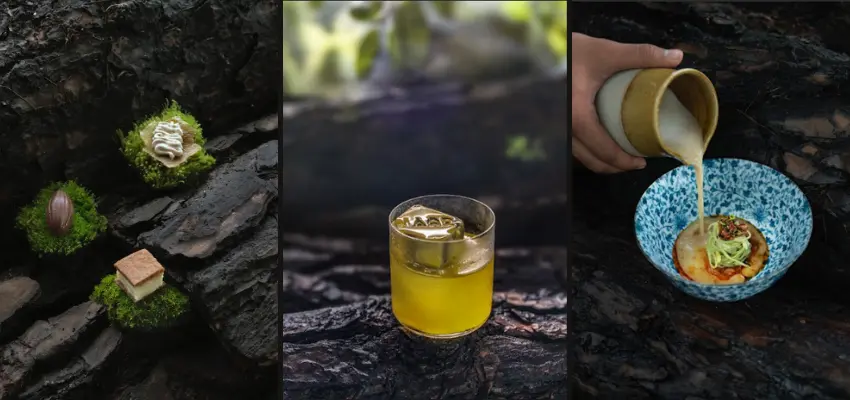 NAAR creations[/caption]
NAAR creations[/caption]
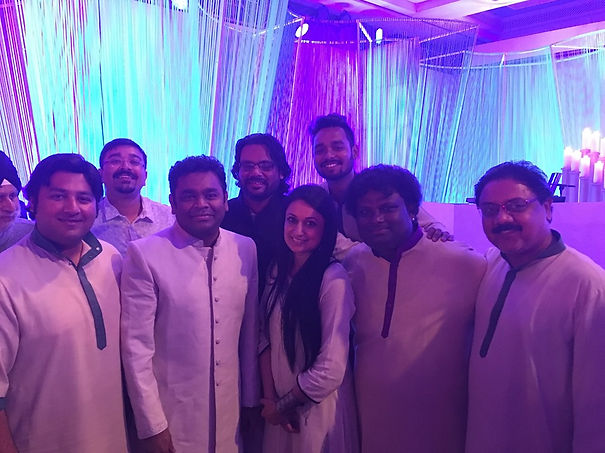 Sonam Kalra with A.R. Rahman[/caption]
Sonam Kalra with A.R. Rahman[/caption]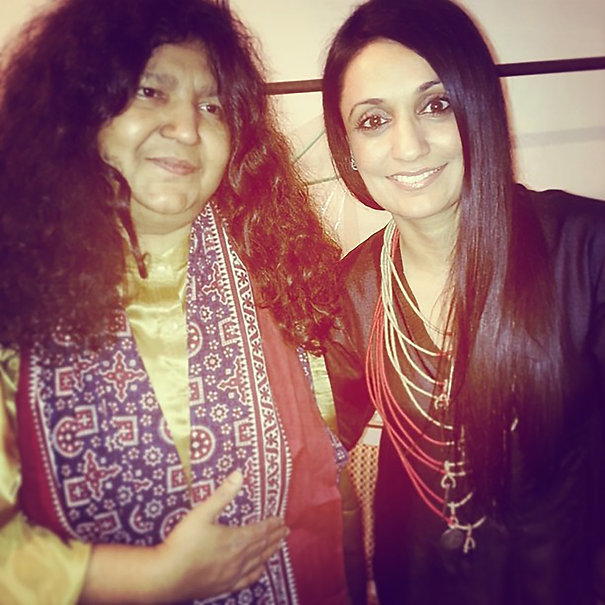 Sonam Kalra with Sufi legend Abida Parveen[/caption]
Sonam Kalra with Sufi legend Abida Parveen[/caption]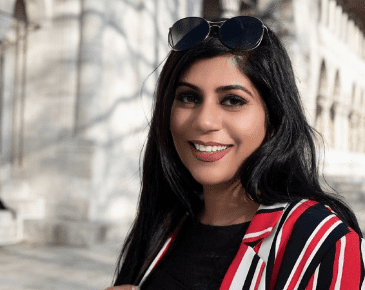
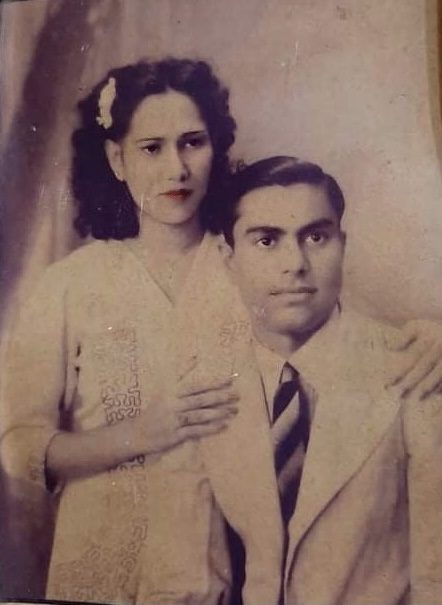 Ann D'Silva's grandparents[/caption]
Ann D'Silva's grandparents[/caption]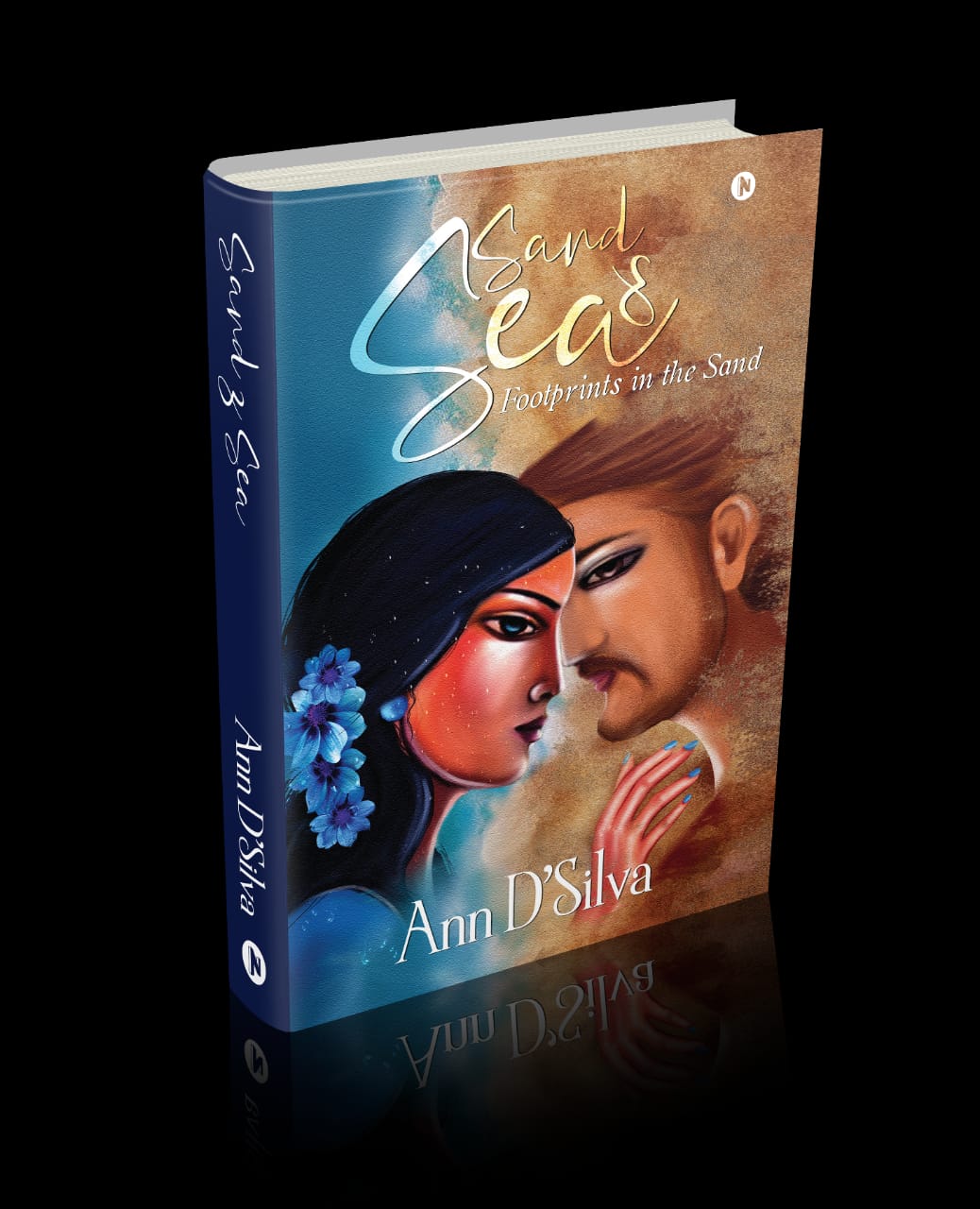 Ann D'Silva's book cover[/caption]
Ann D'Silva's book cover[/caption]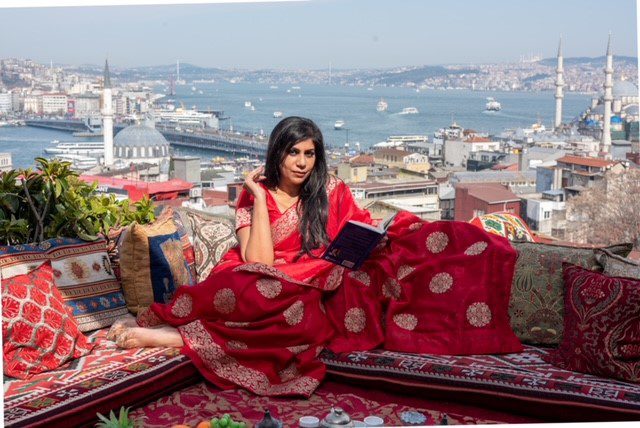 Ann D'Silva in Istanbul[/caption]
Ann D'Silva in Istanbul[/caption]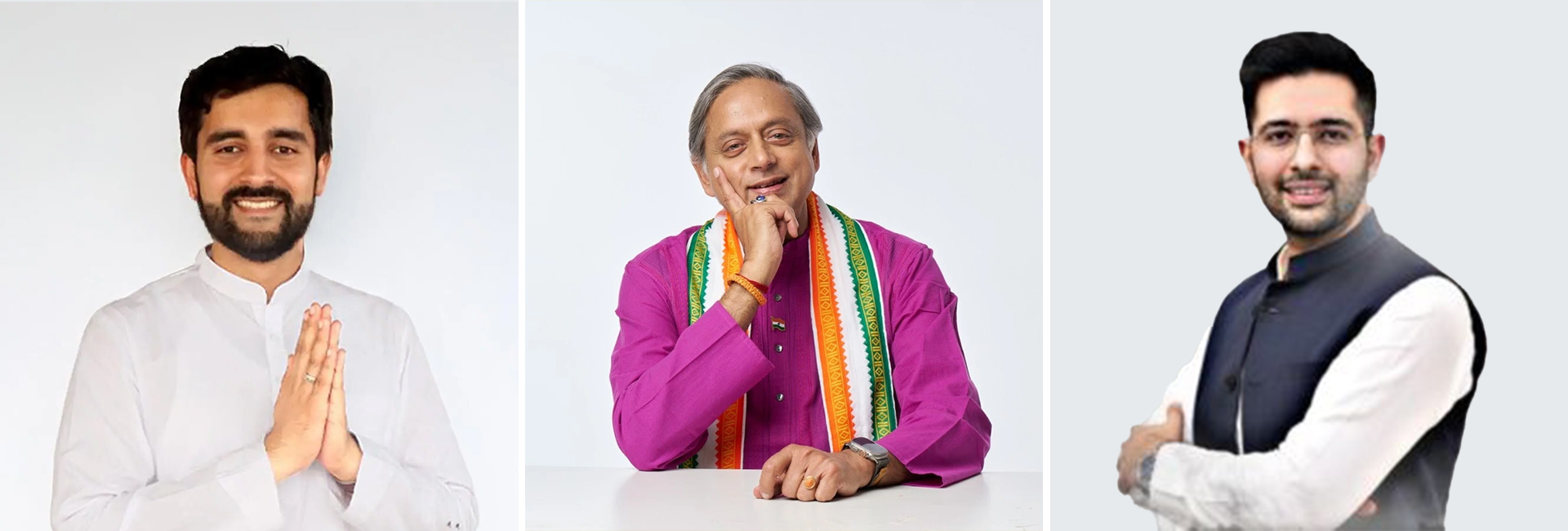
 Rajalakshmi Kameshwar Joshi[/caption]
Rajalakshmi Kameshwar Joshi[/caption] Shashi Tharoor[/caption]
Shashi Tharoor[/caption]
 T Veerender Goud[/caption]
T Veerender Goud[/caption]

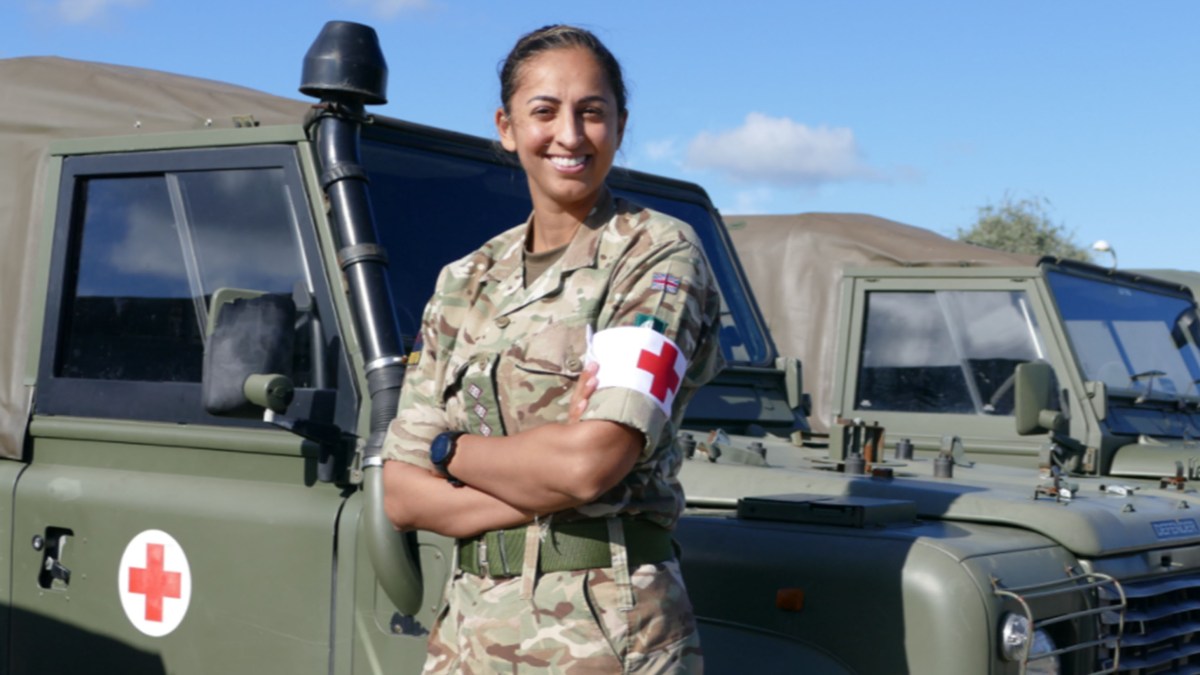
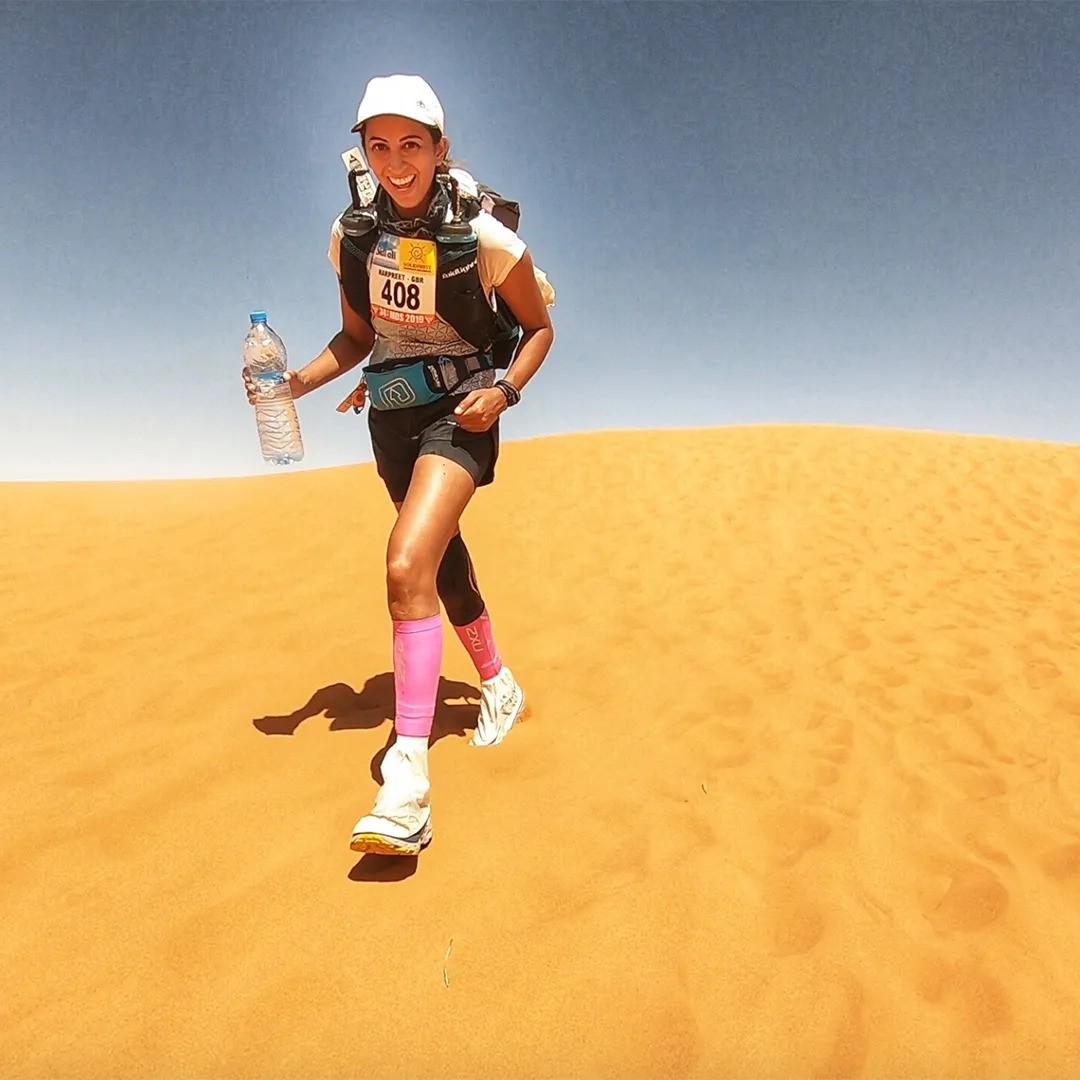 Capt. Chandi during the Marathon des Sables ultramarathon in the Sahara[/caption]
Capt. Chandi during the Marathon des Sables ultramarathon in the Sahara[/caption]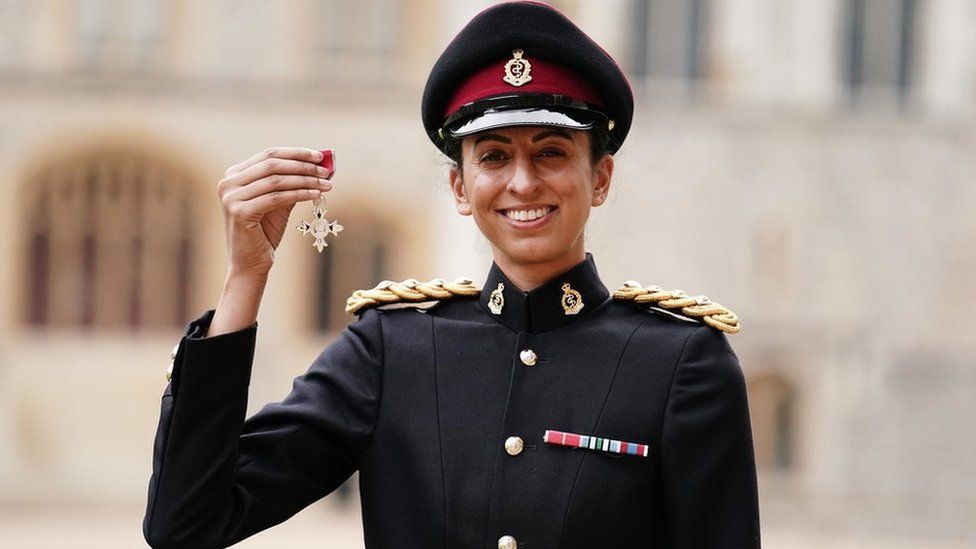 Capt. Chandi was honoured with the MBE in 2022[/caption]
Capt. Chandi was honoured with the MBE in 2022[/caption]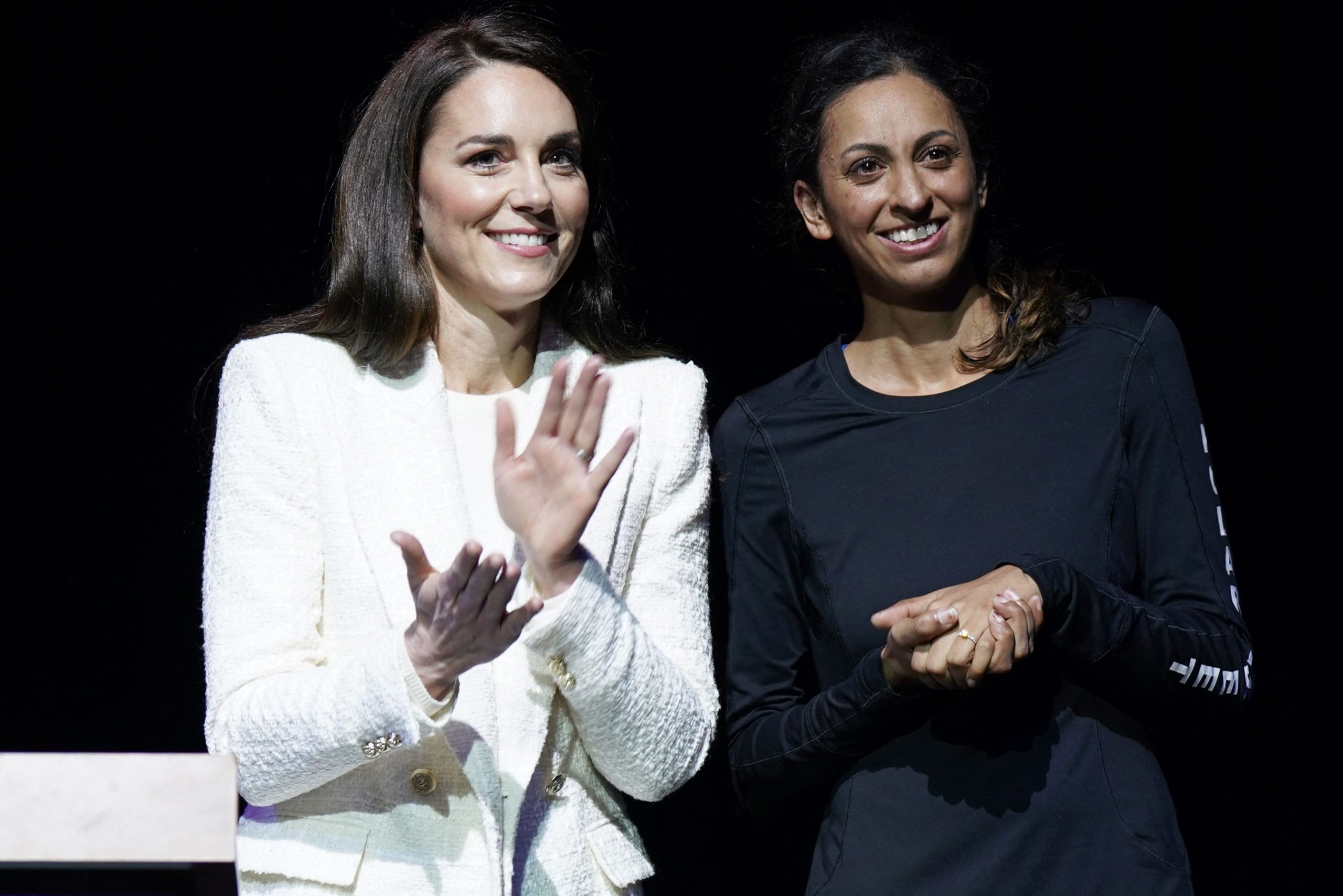 Capt. Chandi, with Her Royal Highness, Catherine, Princess of Wales[/caption]
Capt. Chandi, with Her Royal Highness, Catherine, Princess of Wales[/caption]
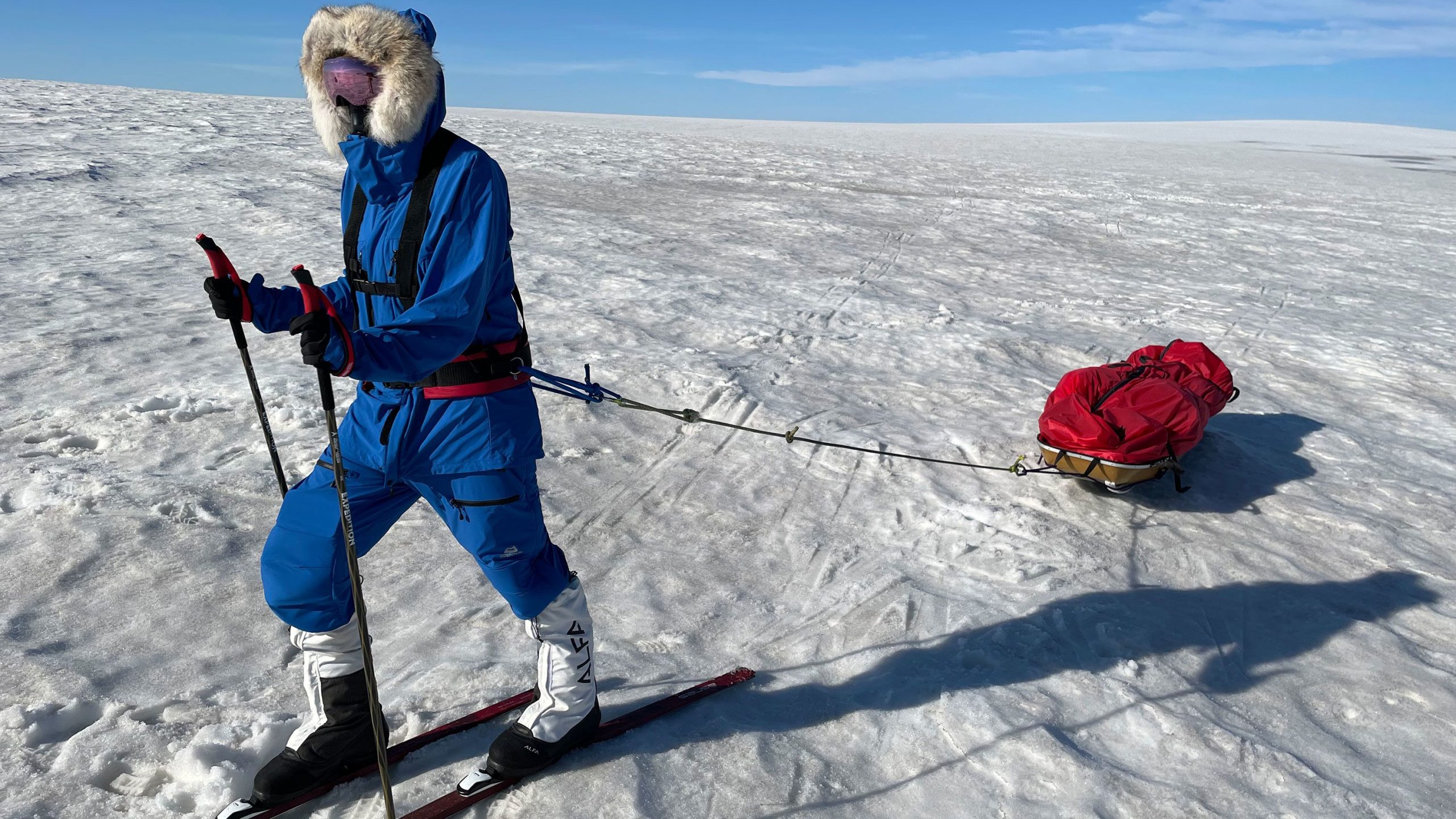

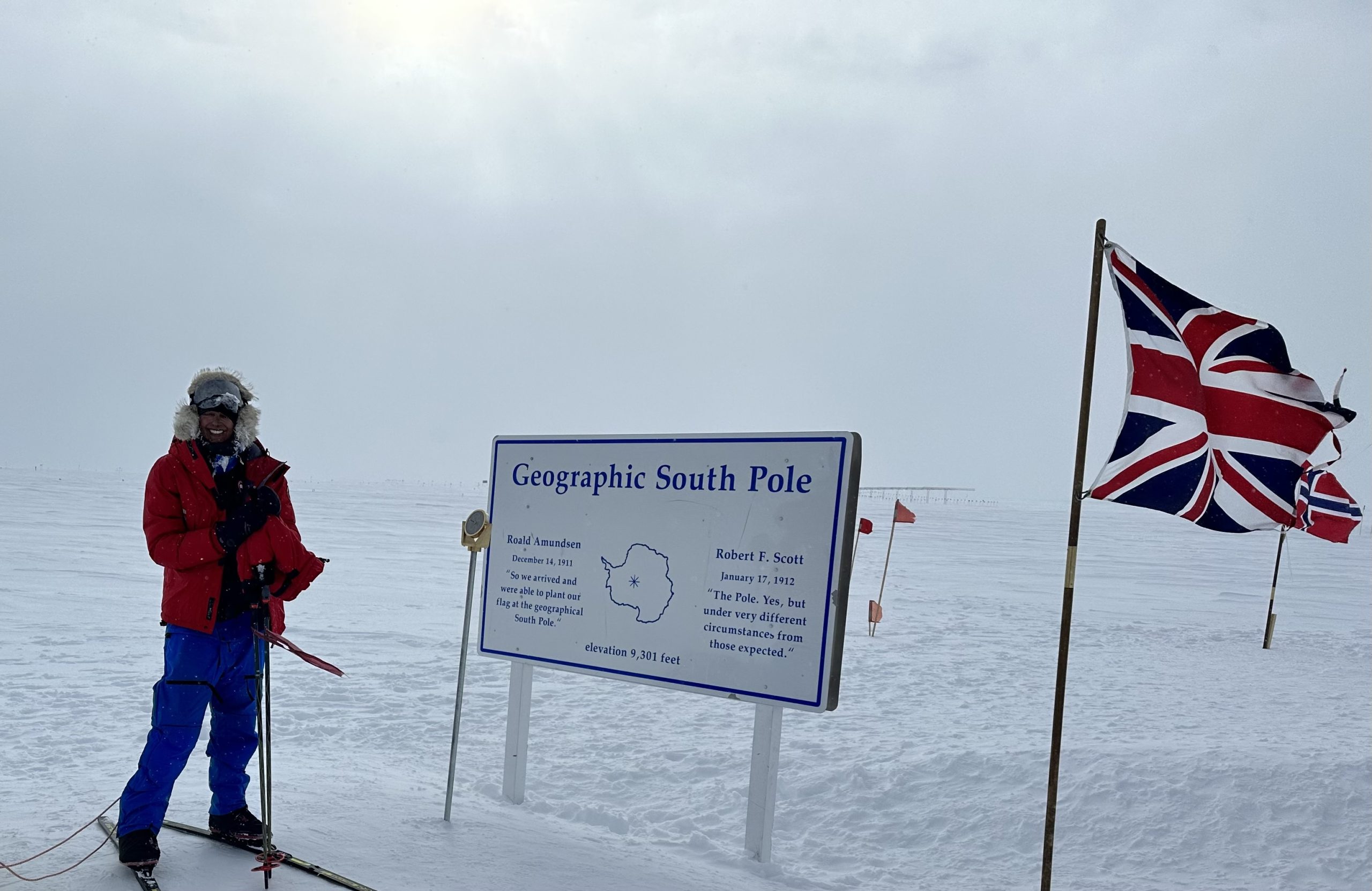 Capt. Preet Chandi at the South Pole[/caption]
Capt. Preet Chandi at the South Pole[/caption]